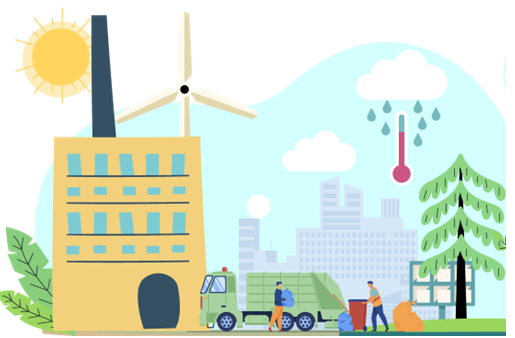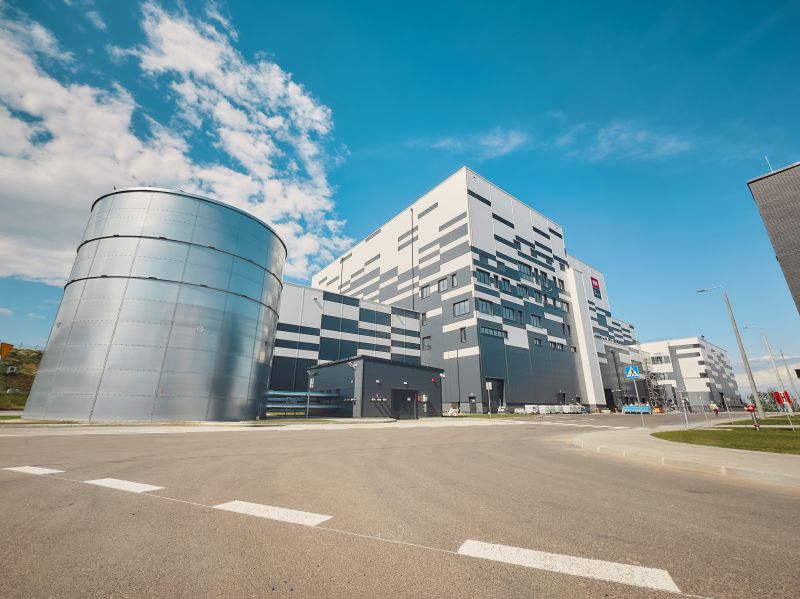Joint Letter on the Net-Zero Industry Act
The Net Zero Industry Act shall define the Sustainable Alternative Fuels technologies as 'Strategic Net Zero Technology'.

The Net-Zero Industry Act aims to define Sustainable Alternative Fuels technologies as “Strategic Net-Zero Technology”.
Co-signatories are recommending that the Net-Zero Industry Act establish a clear and consistent definition of Sustainable Alternative Fuels. This definition serves two essential purposes:
1) Alignment with existing EU transport and fuels policy frameworks.
2) Recognition of all sustainable fuel technologies to promote transport decarbonisation, stimulate innovation, and facilitate the transition to renewable and low-carbon solutions in the industrial sector.
As EU policies drive the demand for Sustainable Alternative Fuels, it is crucial to prevent supply shortages by actively supporting their large-scale deployment and resilient supply chain development. Without domestic production capacity, the EU may become reliant on foreign production, jeopardising energy security and independence.
Therefore, the industry calls upon policymakers to:
• Ensure consistency with EU legislation and investor certainty by aligning the definition of Sustainable Alternative Fuels with all fuels categorised as sustainable under the Renewable Energy Directive (EU) 2018/2001 and forthcoming low-carbon fuels as defined in the revised Hydrogen and Gas Market Directive. This alignment should extend beyond ReFuel EU Aviation and FuelEU Maritime.
• Explicitly reference Sustainable Alternative Fuels technologies in the list of strategic net-zero technologies under Article 3 of the Net-Zero Industry Act. This acknowledgment emphasises their pivotal role in accelerating the transition of the transport and industry sectors.
By unequivocally including Sustainable Alternative Fuels as a strategic technology within the Net-Zero Industry Act, the European Union sends a clear signal to industry stakeholders, investors, and innovators. This signal encourages focused efforts on the development and adoption of environmentally friendly solutions.
Signatories: CEWEP, eFuel Alliance, Eurogas, Fertilizers Europe, FuelsEurope, Methanol Institute, and ESWET.
Other news

Why Waste-to-Energy Matters
24.06.2025Beauty is in the eye of the beholder, and Johan Böni gives the ol’ saying new meaning when he describes…

Carbon removal market opens new horizons for WtE sector
04.04.2025Waste-to-Energy (WtE) is joining the carbon removal market, in a major milestone for the sector. Hafslund Oslo Celsio, one of…

EU funding supports new WtE plant in Gdańsk
04.04.2025The European Commission co-financed the construction of a cutting-edge Waste-to-Energy (WtE) facility in Gdansk. Started in 2020, was inaugurated on…